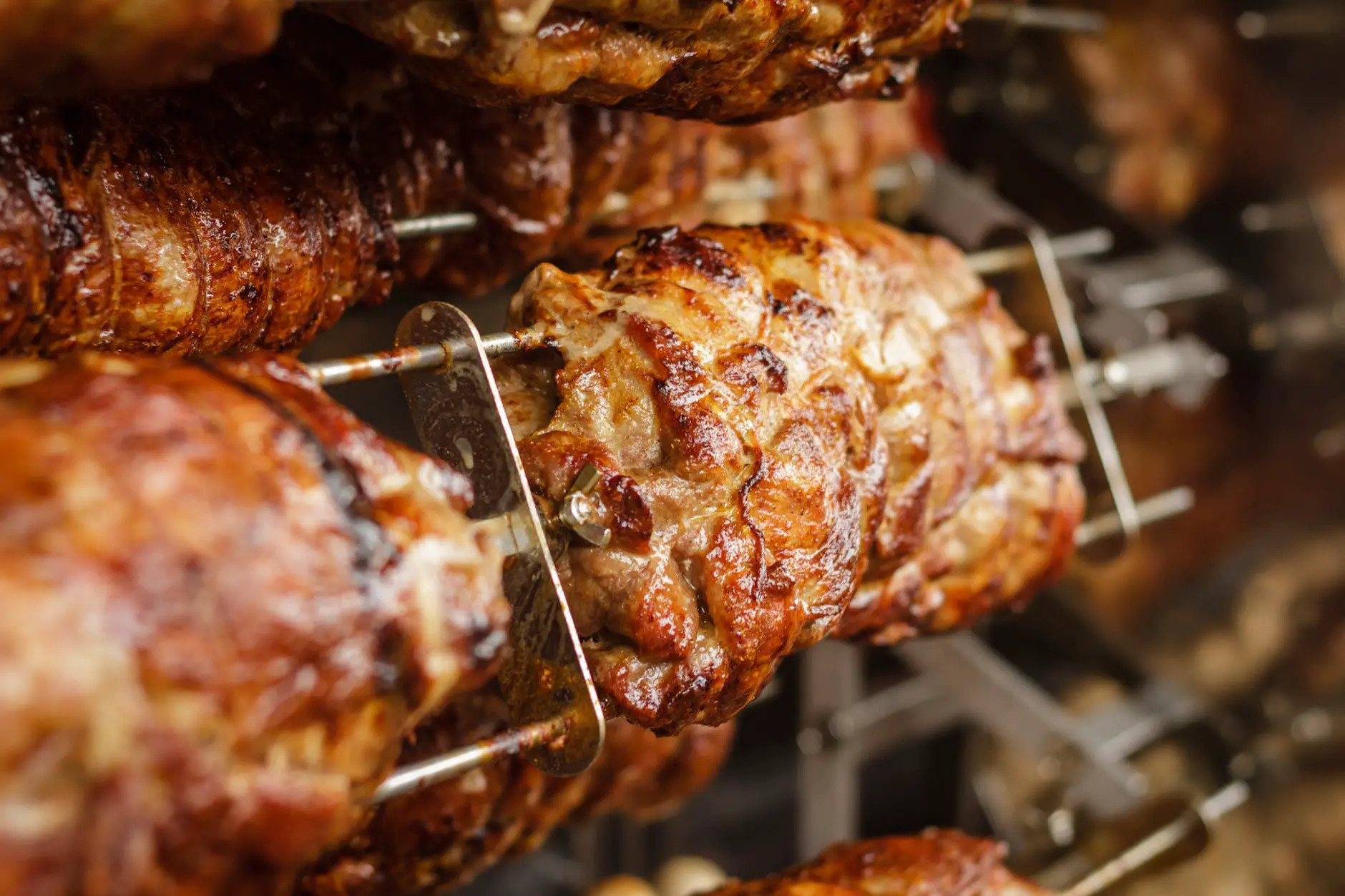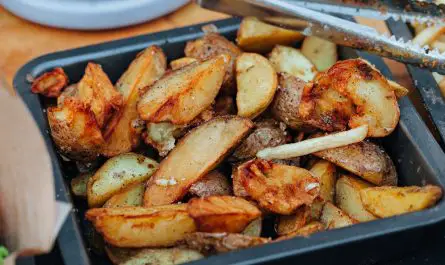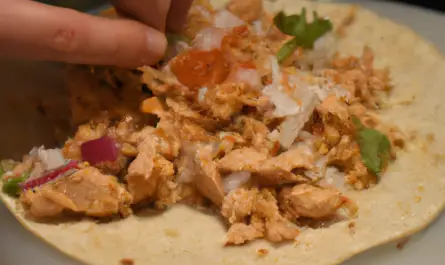The truth is, there are lots of reasons people choose to eat unseasoned food. The shocking part is it’s not just white people that do it. In this article, we will look at all the reasons people might eat unseasoned food and explain the meme of white people only eating unseasoned food.
The Meme

The “white people don’t season their food” meme is a stereotype that suggests that white people are less likely to use spices or seasonings in their cooking, and prefer plain, bland food. This stereotype has been perpetuated in popular culture and on social media, but it’s not based on any scientific evidence. It’s worth noting that the “white people” in this stereotype is just a proxy for Western cultures, and the stereotype is not limited to people who identify as white.
The origin of this meme is not clear, but it’s likely that it has been around for a while and has evolved over time. The earliest reference I could find is a tweet from 2010, which stated “white people don’t season their food”. The meme has since been used in various forms of social media, such as twitter, TikTok, and Instagram. It’s often used as a playful joke or commentary on cultural differences in food preferences.
Allergies and Medical Conditions
Salt is the most widely used seasoning. A high salt diet can contribute to high blood pressure (hypertension) because salt, or sodium chloride, can cause the body to retain water. When the body retains water, the volume of blood in the bloodstream increases, which makes the heart work harder to pump blood through the body. As the heart works harder, the blood vessels constrict, which increases the pressure against the vessel walls.
Salt can affect blood pressure in a few ways. Firstly, high salt intake can cause the kidneys to retain more sodium, which can lead to an increase in blood volume and subsequently an increase in blood pressure. Additionally, salt can cause the blood vessels to constrict, which raises blood pressure even further.
Anyone suffering from high blood pressure should avoid salt in their food where possible.
There are also some seasonings and ingredients that people can be allergic to. Some common allergens found in seasonings include:
- Sulfites: These are often added to dried fruits, wine, and other foods as a preservative. They can cause allergic reactions in some people, such as hives, difficulty breathing, and stomach upset.
- MSG (monosodium glutamate): This is a flavor enhancer that is commonly used in Asian cuisine and processed foods. Some people are sensitive to MSG and may experience symptoms such as headaches, flushing, and sweating.
- Nuts and seeds: These are often used as a seasoning or ingredient in many dishes, and some people may be allergic to specific types of nuts or seeds, such as peanuts or sesame.
- Gluten: Many seasonings and spice blends may contain gluten and people with gluten allergies or celiac disease should avoid them.
- Mustard and celery: These are often found in some spice blends and can cause allergic reactions in some people.
Tasting nature
Some natural foods have subtle flavors that people really enjoy. If you were to add sugar to watermelon would you really be able to taste the watermelon? If you add loads of Cajun seasoning or Worcestershire sauce to chicken, do you taste the chicken’s natural flavor?
Age
Some older people lose their taste buds. For them, it makes no difference if they season their food or not as they will hardly taste it.
Lack of knowledge
Some people haven’t found seasoningideas.com and are not aware of all the magical effects seasoning can create (like our grilled shrimp seasoning). If people are not sure what seasoning will fit well with a given dish they may prefer to skip the seasoning altogether so they are certain not to ruin the dish.
Conclusion
In conclusion, there are various reasons why individuals may opt to eat unseasoned food. medical conditions, allergies, preference for natural flavors, age-related changes in taste, and lack of knowledge about seasoning options. The “white people don’t season their food” stereotype is a joke and not based on any scientific evidence. Eating unseasoned food is not limited to any specific group of people.



